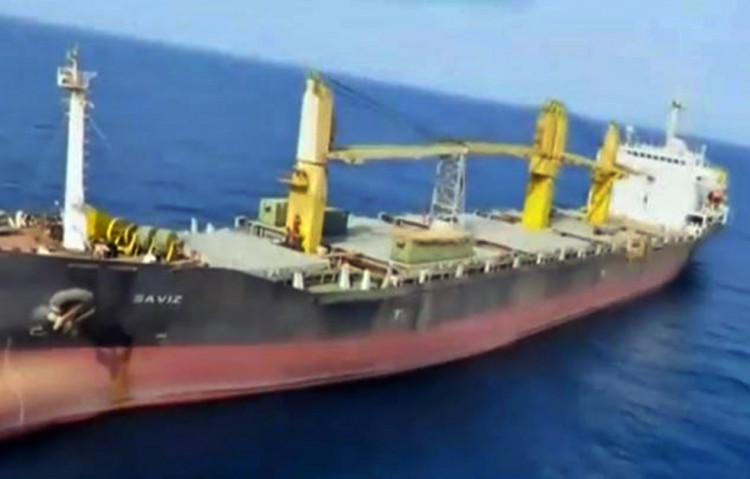The Red Sea, a vital artery for global trade and commerce, has become a hotspot for geopolitical tensions and security concerns as Houthi militants intensify their attacks on international shipping lanes. This escalation has prompted at least four major shipping companies, including industry leader Maersk, to temporarily suspend operations in the area due to mounting safety risks. The United States, in response to the growing threat, is rapidly progressing in forming a multinational escort fleet, while Oman plays a mediatory role, hoping to persuade the Houthis to halt their aggressive actions.
The Red Sea's strategic importance is underscored by its connection to the Suez Canal in the north and the Strait of Mandeb in the south. With approximately 12% of global trade traversing this route, the suspension of operations by leading shipping companies not only inflicts financial losses on the Egyptian government but also ripples through the global supply chain, potentially leading to escalated shipping costs and inflated product prices.
The United States, recognizing the urgency of the situation, is expediting efforts to announce the "Operation Prosperity Guardian," aiming to provide escort services for commercial ships in the southern Red Sea. U.S. Defense Secretary Lloyd Austin, during his visit to the Middle East, is expected to formalize the formation of this coalition. While Arab nations such as Jordan, the UAE, Qatar, Oman, Egypt, and Bahrain might join the fleet, Saudi Arabia's participation remains uncertain due to ongoing peace negotiations with the Houthis.
The recent suspension of Red Sea attacks by the Houthis, following Oman's mediation, offers a glimmer of hope. However, the Houthi spokesman Mohammed Abdul Salam has indicated that their actions were a show of support for Palestine, hinting at the possibility of further aggression if the situation in Gaza persists.
Despite the formation of the multinational escort fleet, there is a palpable sense of skepticism and apprehension within the maritime community. The specific operational plans and rules of engagement for the convoy alliance remain ambiguous, leaving shipping companies in a state of uncertainty about the level of protection they can expect. Internal rifts within the alliance and the reluctance of certain member countries to fully commit their naval resources are further complicating the collective effort to ensure safe passage through the Red Sea.
Adding to the complexity of the situation, the resurgence of Somali pirates has emerged as a potential threat. The recent hijacking of the Malta-flagged bulk carrier Ruen near Somalia's coast is a stark reminder of the volatile security environment in the region. This incident, coupled with the ongoing Houthi attacks, signifies a worrying trend for the maritime industry.
As the Red Sea Convoy Alliance grapples with internal disagreements and escalating Houthi attacks, the global shipping industry faces a period of heightened uncertainty. With so much at stake, the shipping community and the world at large watch closely as events unfold in the turbulent waters of the Red Sea. The effectiveness of the alliance's operations, the broader geopolitical dynamics, and the potential resurgence of piracy will be critical factors in determining the future security of this crucial maritime corridor.





